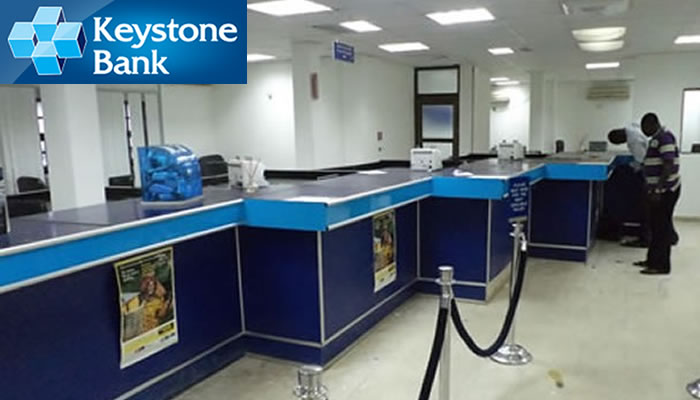Keystone Bank’s transition to full government ownership marks a pivotal moment in its history, signifying a shift in its operational landscape and strategic direction. The Lagos State High Court’s ruling, which ordered the forfeiture of shares previously held by Sigma Golf Nigeria Limited and Alhaji Umaru H. Modibbo, effectively transferred ownership to the Federal Government of Nigeria. This legal action, while seemingly abrupt, is rooted in a series of events that underscore the evolving dynamics of Nigeria’s banking sector and the government’s role in ensuring its stability.
The bank’s statement, released on its official Instagram page, aimed to clarify the situation and reassure stakeholders. Keystone Bank emphasized that the court’s decision strengthens its position, paving the way for sustained growth, stronger partnerships, and enhanced profitability. This message is crucial in maintaining public confidence and mitigating any potential negative repercussions from the ownership change. The bank’s assurance of its continued financial health and regulatory compliance further reinforces its commitment to transparency and responsible operations.
The backdrop to this development involves the Central Bank of Nigeria’s (CBN) intervention in January 2024, which saw the dissolution of the boards and management of three banks, including Keystone Bank. This action, often a last resort, typically indicates significant regulatory concerns about the financial health and management practices of the affected institutions. The CBN’s intervention underscores the importance of maintaining stability and preventing systemic risks within the banking sector. The subsequent appointment of new leadership was a crucial step in stabilizing Keystone Bank and charting a new course for its future.
The transfer of ownership to the Federal Government can be interpreted as a strategic move to ensure the bank’s long-term viability and protect depositors’ funds. While the specific reasons behind the share forfeiture haven’t been publicly disclosed, the court’s decision likely reflects concerns about the previous shareholders’ ability to effectively manage the bank and adhere to regulatory requirements. Government ownership provides a safety net, allowing for a more structured recapitalization process and potentially attracting new investors in the future.
The recapitalization process, facilitated by the government takeover, will play a crucial role in strengthening Keystone Bank’s financial position. Recapitalization involves injecting fresh capital into the bank, bolstering its reserves and enabling it to meet regulatory capital adequacy ratios. This injection of funds can improve the bank’s lending capacity, support its operational expenses, and enhance its ability to withstand financial shocks. A successful recapitalization is essential for restoring market confidence and positioning the bank for sustainable growth.
Looking ahead, Keystone Bank faces both challenges and opportunities. The transition to government ownership requires careful navigation, ensuring a smooth integration of new policies and procedures while maintaining the bank’s core operations. Building trust with stakeholders, particularly customers and investors, will be paramount. However, with the backing of the Federal Government, Keystone Bank has the potential to emerge stronger and more resilient. The government’s commitment to the bank’s stability provides a platform for attracting new investment, expanding its market share, and contributing to the overall growth of Nigeria’s financial sector. The successful implementation of the recapitalization plan and the appointment of a competent and experienced management team will be key factors in determining the bank’s future trajectory.














